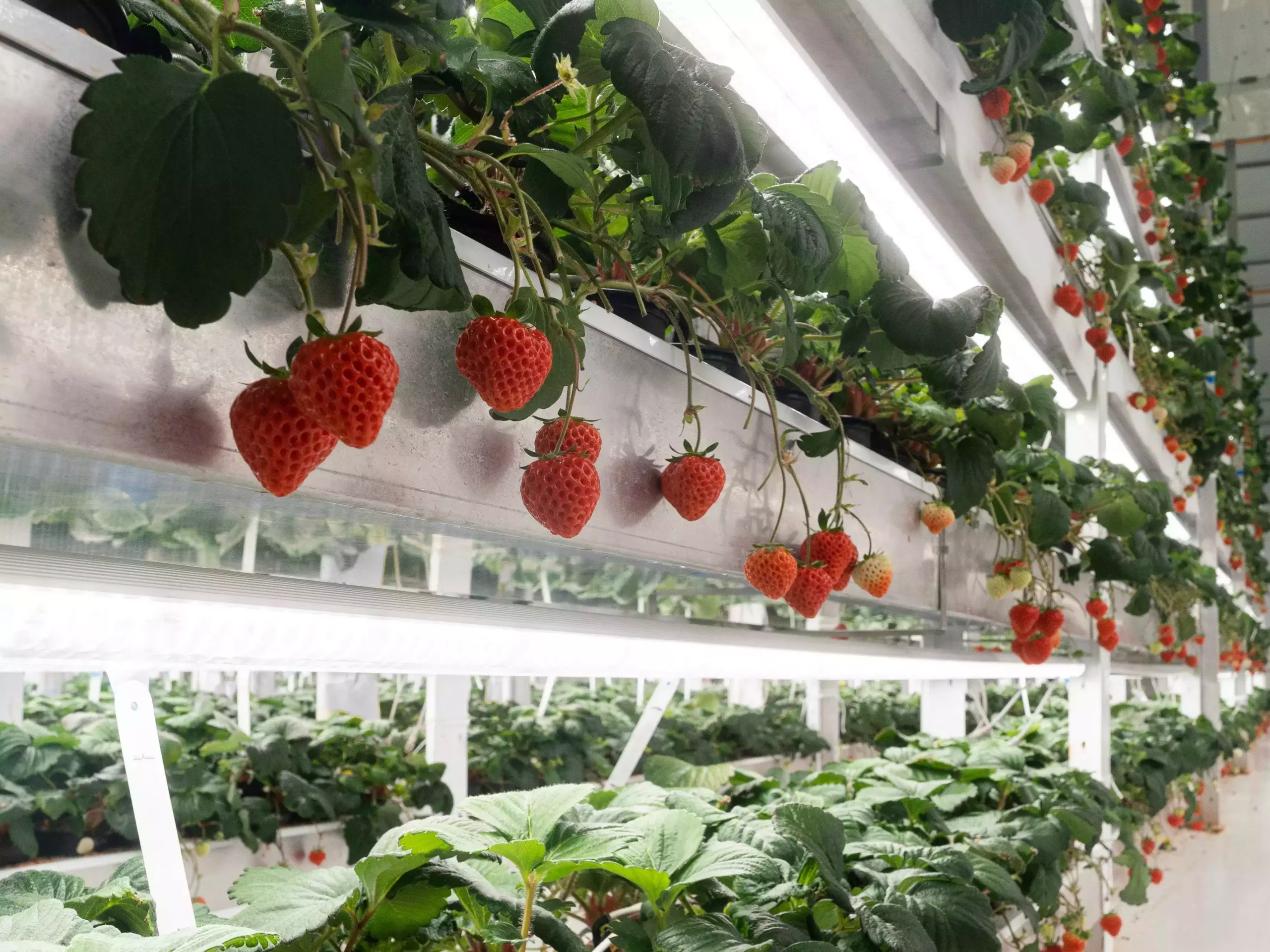



Article by: Hari Yellina
The main goal of an Australian Research Council Research Hub is to utilise artificial intelligence to boost farming production and disease control. In 2018, the centre won $5 million in funding from the Australian Research Council’s Industrial Transformation Research Program. The Hub brings together world-class skills in image processing, machine learning, robotics, and software, as well as input from agronomy, biology, water use, and farming technology experts.
The DeepBerry automated monitoring system detects freshness, damage, fungus, fruit size, form, and foreign objects using both visual and infrared imaging, and can process over 7000 punnets each hour. When compared to current human quality control, testing has revealed that this system has a greater accuracy and consistency, resulting in enhanced fruit quality and consistency as well as lower labour expenses.The Hub has also developed a smartphone app for remote strawberry quality monitoring, enabling for continuous quality checks at various stages of the supply chain, such as picking, packing, and distribution sites.
When compared to traditional growers, data scientists produced 196 percent more strawberries by weight on average. In terms of return on investment, engineers outpaced farmers by an average of 75.5 percent. Pinduoduo, China’s largest agri-focused technology platform, and China Agricultural University co-organized the first Smart Agriculture Competition, with the Food and Agriculture Organization of the United Nations serving as a technical consultant.
Several studies have shown that Fourth Industrial Revolution technologies such as AI have the potential to increase economic development and productivity. According to Accenture and Frontier Economics’ estimate, AI may boost labour productivity by 40% in wealthy countries by 2035. Sweden, the United States, and Japan are likely to have the greatest increases in production. The World Economic Forum estimates that by 2025, 85 million jobs will be lost due to a shift in the division of labour between humans and machines, while 97 million new roles will emerge that are better suited to the new division of labour between humans, machines, and algorithms, according to its Future of Jobs Report 2020. Emerging technologies including AI and drones will also play a vital role in helping the world recover from COVID-19, according to a separate Forum report compiled with professional services firm Deloitte.